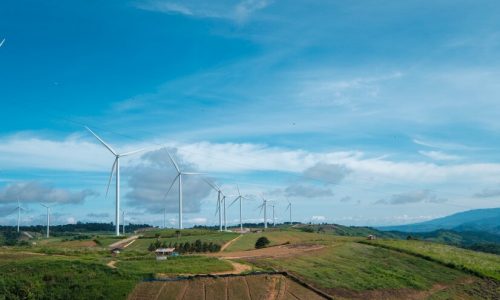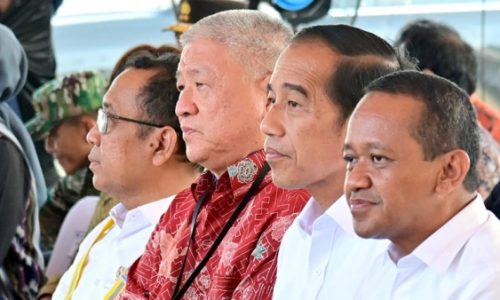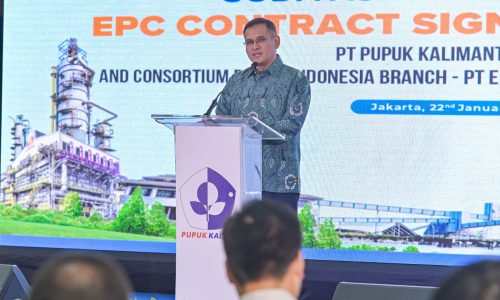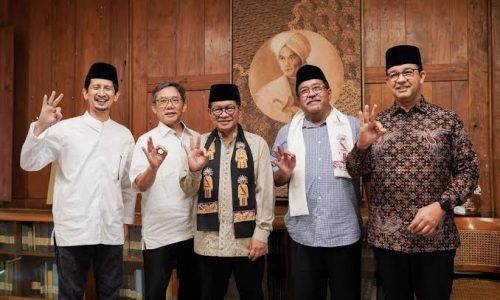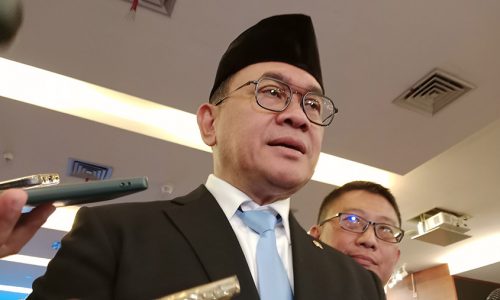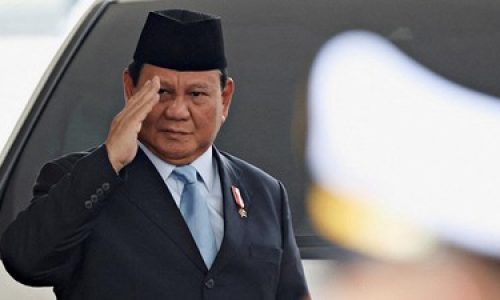Since September 6, 2022, 23 corruption convicts have been released. Three female convicts were released from the Tangerang Penitentiary. They are:
- Ratu Atut Choisiyah, former Banten governor
- Desi Aryani, former toll road operator PT Jasa Marga CEO
- Pinangki Sirna Malasari, former state prosecutor
While the rest were released from the Sukamiskin Prison:
- Syahrul Raja Sampurnajaya Bin H. Ahmad Muchlisin
- Setyabudi Tejocahyono
- Sugiharto Bin Isran Tirto Atmojo
- Andri Tristianto Sutrisna Bin Endang Sutrisna
- Budi Susanto Bin Lo Tio Song
- Danis Hatmaji Bin Budianto
- Patrialis Akbar Bin Ali Akbar
- Edy Nasution Bin Abdul Rasyid Nasution
- Irvan Rivano Muchtar Bin Cecep Muchtar Soleh
- Ojang Sohandi Bin Ukna Sopandi
- Tubagus Cepy Septhiady Bin TB E Yasep Akbar
- Zumi Zola Zulkifli
- Andi Taufan Tiro Bin Andi Badarudin
- Arif Budiraharja Bin Suwarja Herdiana
- Supendi Bin Rasdin
- Suryadharma Ali Bin HM Ali Said
- Tubagus Chaeri Wardana Chasan Bin Chasan
- Anang Sugiana Sudihardjo and Amir Mirza Hutagalung Bin. HBM Parulian.
They were released after there was a revision of Law No. 22/2022 on correctional which is the basis for granting parole or the release.
NGOs accuse of structured release of corruption convicts
The results of the editorial review stated that several NGOs accused the Ministry of Law and Human Rights, the Constitutional Court (MK) and the Supreme Court (MA) to play a role in conditioning until finally there was a revision of the Correctional Law. The requirements for tightening remissions to parole are not included in Law No. 22/2022 so the Indonesia Corruption Watch (ICW) suspects that the government has designed it so that corruptors can walk free more easily.
Prior to the revision of the Correctional which became the basis for granting parole, the Constitutional Court and the Supreme Court canceled a number of regulations that tightened the granting of remissions to parole for corruption convicts. The Constitutional Court’s decision regarding Government Regulation (PP) No. 99/2012 on the Terms and Procedures for Implementing the Rights of Inmates was on September 30, 2021. In October 2021, the Supreme Court canceled a number of articles that tightened the granting of remissions and parole in PP No. 99/2012. With the annulment of PP No. 99/2012, all convicts of corruption can get remission to parole without exception.
Corruption convicts can run for election in 2024
The narrative related to allowing former corruption convicts to run as legislative candidates in the 2024 General Elections is valid because it refers to Article 240 paragraph (1) letter g of Law No. 7/2017, but there are terms and conditions that apply. In the 2019 elections, the General Elections Commission (KPU) once made a regulation prohibiting former corruption convicts from registering as candidates for members of the House of Representatives (DPR), Regional Legislative Council (DPRD) and Regional Representatives Council (DPD). However, the KPU regulation was canceled by the Supreme Court because it was deemed to be contrary to the Election Law.
This requirement applies to every prospective legislative candidate that has never been convicted with a 5-year prison sentence. However, legislators who have a background as former corruption convicts must announce to the public that they are former convicts. The same thing regarding the requirements for nominating regional heads is also allowed if referring to Article 7 paragraph (2) letter g of the Regional Head Election Law (Pilkada) stated in the Constitutional Court’s decision No. 56/PUU-XVII/2019 stating Article 7 paragraph (2) letter g of Election Law.


